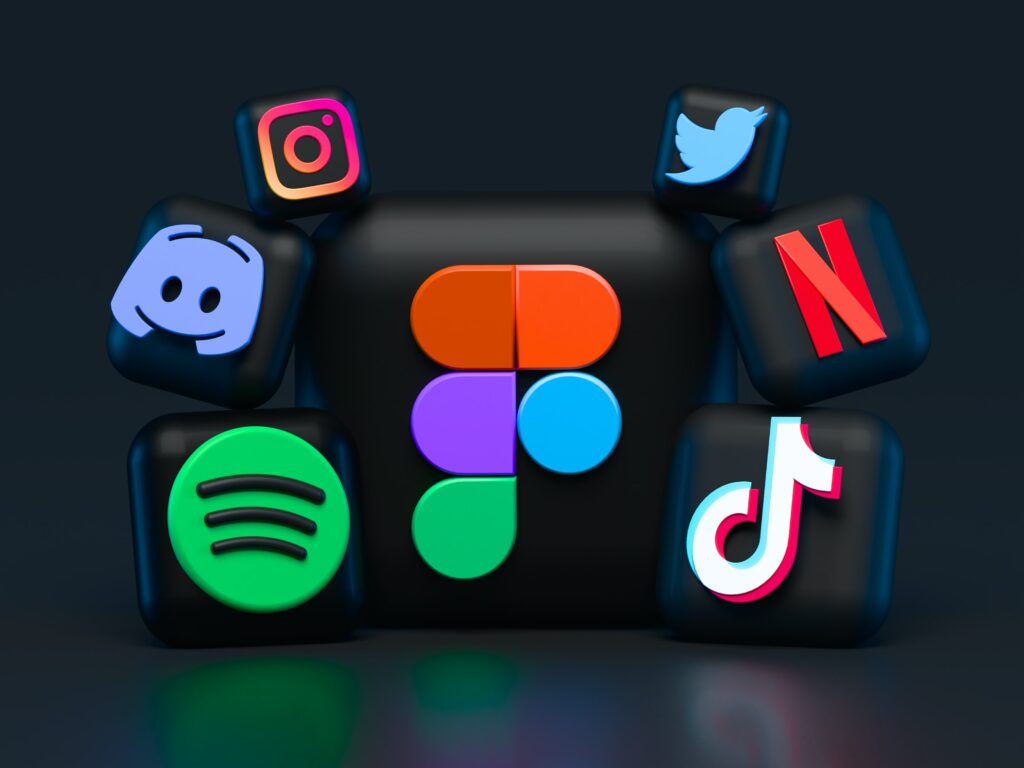
Which social media platforms are beneficial in education?
Social media has changed the way that we communicate and share information in our personal and professional lives. It also has become an indispensable part of our lives. Social media can benefit the educational field and each social media platform can offer many different ways to be used in the classroom as well.
For example, some social media platforms, such as YouTube, Coursera, edX, and Khan Academy, allow for more e-learning opportunities. It’s free, accessible, and open for people who are from different places to learn online together. As remote jobs and online classes are becoming more popular, this kind of social media tools can help to train students to work or study from a distance. Also, some micro-blogging online platforms, such as Twitter, have become increasingly popular as the tool for professional development and resource sharing amongst learners and educators. In my opinion, this kind of online platforms will also be beneficial in our today’s education as well. From our course material, as the authors state, “Twitter becomes a vehicle for establishing open conversations with a global audience, thus allowing for a high degree of pedagogical serendipity” (Alec & Katia). The social media platform like Twitter can provide a more direct communicate and connection between learners and instructors. For example, it can be great and effective as a discussion board for a class. The instructor can create asynchronous discussions or online chatting surrounding a specific hashtag that they create on Twitter. In my opinion, social media in education can benefit learners and can help to fill in the gaps in learning if it is used in a safe and appropriate way.

When working with the vulnerable sector, how does social media fit into professionalism and regulations?
When working with the vulnerable sector, I think that we still need to behave in a respectful manner in all of our social media encounters. We should keep our posts, comments, and other interactions focused on productive conversations. Also, we should put ourselves in a great position to benefit professionally from social media and make our social media fit into professionalism and regulations.
Reference
Alec, C. & Katia, H. Designing for Open and Social Learning. Retrieved from: https://vut.oer4pacific.org/id/eprint/12/1/Emergence_and_Innovation_in_Digital_Learning.pdf#page=159
I think you make interesting points in your post. I agree that social media can help benefit education because they are often online and easy to access. You mentioned Kahn Academy for example. I have checked it out and gotten a lot of important information from there or just have checked out very interesting things. I guess the only thing I wonder about is if these are too broad. It sometimes is nice to have more direct attention from the instructor and to have access to the instructor. Also, these online academies are not updated that much and do not provide the kind of feedback that is helpful for learning. I think they are great supplemental resources though.